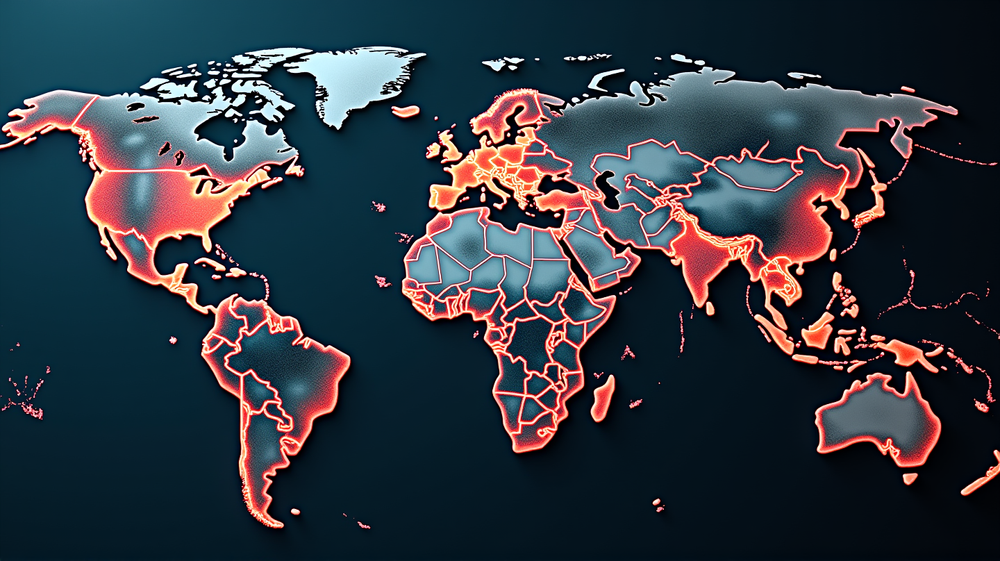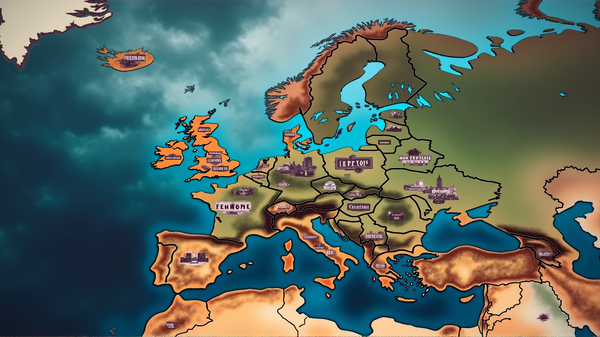AI Grok's Shocking Reveal: Cuba Among Top Global Threats
Saturday, March 29, 2025, by Abigail Marquez
The revolutionary tool Grok, birthed by X (previously hailed as Twitter), has unveiled a startling compilation of ten of the most perilous dictatorships impacting global democratic values. In an unexpected twist, Cuba, despite its modest economic clout, emerges alongside formidable powers like China, Russia, and North Korea. This AI-based revelation casts a spotlight on Cuba’s chilling role on the international chessboard, providing a fresh angle on how smaller nations may still exert significant influence.
The Intriguing Inclusion of Cuba
Cuba makes the list for its adept implementation of social control, suppression of dissent, and strategic alliances with authoritarian regimes. These factors collectively empower Havana’s anti-democratic stance, marking its position as a somewhat silent yet profound threat on an international scale. It’s a fascinating inclusion, especially considering the nuclear capabilities and expansive economic influence of its list-mates like China and Russia.
Grok’s Methodology in Identifying Threats
Grok’s analysis zeroes in on geopolitical power, internal repression, and destabilizing capacities. This sophisticated AI technology delves beneath superficial strengths, shedding light on the underlying potential of each state to upend democratic world order. In this list, Cuba’s dexterity in maintaining a closed regime and resisting democratic reforms stands patently clear.
A Closer Look at Cuban Governance
Under Miguel Díaz-Canel, Cuba remains steadfast to its legacy model—one marked by a single-party dominance, overt suppression of political dissent, and allegiances with other authoritarian states. Such structures ensure a rigid grip on Cuban society, furthering its capacity to resist external democratizing pressures while nurturing an ideological echo through partnerships across the globe.
The Broader Picture
The list, while not directional in ranking, implicates each regime’s contribution to global turbulence—highlighting manifestations through military aggression, economic instability, or widespread propaganda. Cuba, though lacking in traditional military might, uses its social system as both a shield and a conduit for propagating influence, potentially encouraging authoritarian symbiosis in the Western Hemisphere.
As we ponder Grok’s choices, the question remains: Do these nations indeed present clear and tangible threats? Are there potential dissonances in AI’s conclusions? Join the conversation—your insights might just illuminate this complex international dynamic.
According to CubaHeadlines, these revelations prompt a deeper understanding of geopolitical relationships and authoritarian impulses, inviting further scrutiny into Grok’s assessments.




